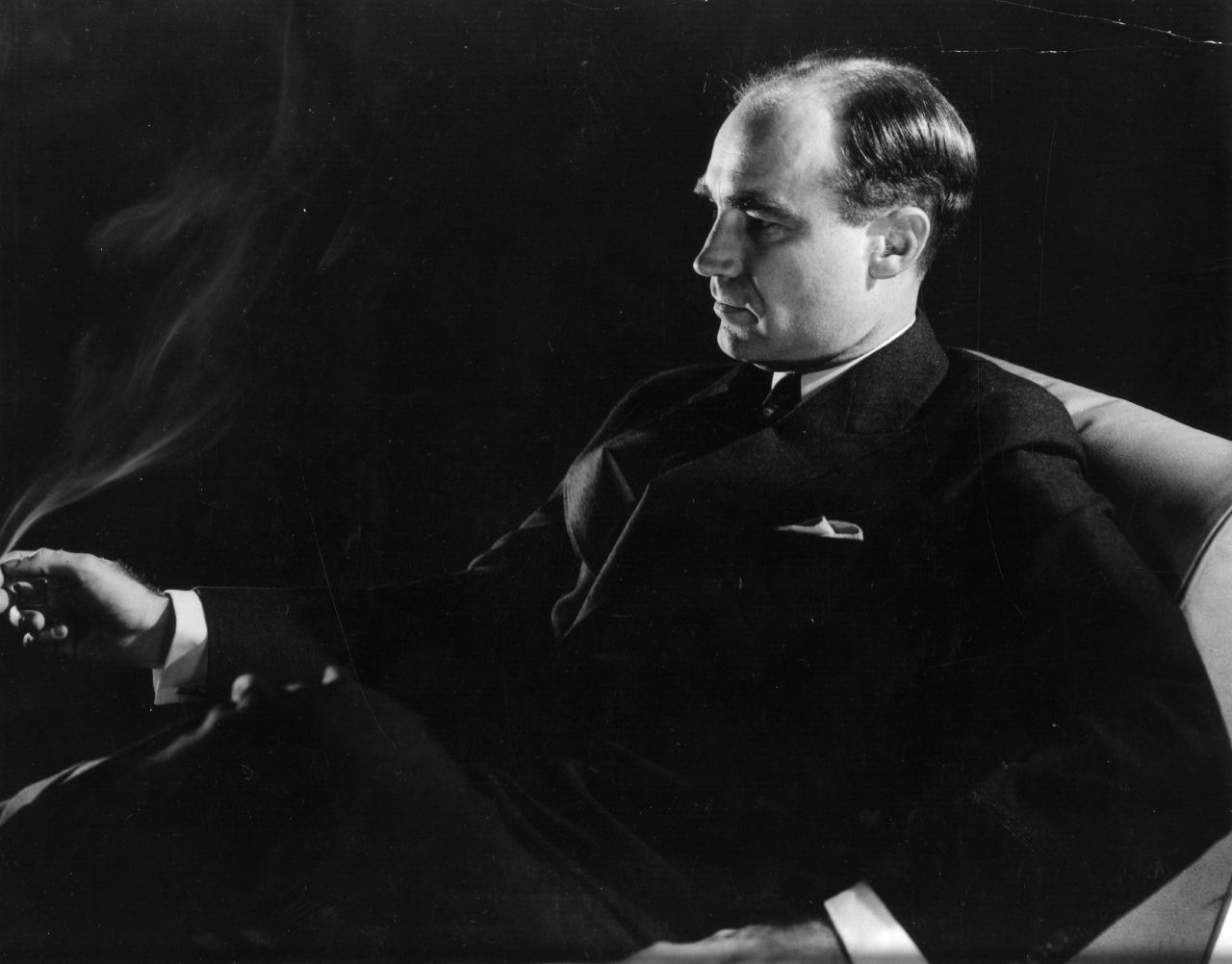Airbnb’s New App for ‘Services’ Is Getting Shot Down by Critics — Here’s Why CEO Brian Chesky Should Be Thrille
Meta Description:
Airbnb’s new “services” app is facing backlash from critics and users—but CEO Brian Chesky might see long-term wins. Here’s why the criticism could actually mean success is around the corner.
When Airbnb quietly rolled out its new app aimed at expanding into local services and experiences, it didn’t take long for critics to pile on. From skepticism about the app’s interface to concerns about dilution of brand identity, the early reviews haven’t been kind. Some are calling it “unfocused” or “unnecessary,” while others question whether Airbnb has lost sight of its core business—short-term rentals.
But amidst the backlash, Airbnb CEO Brian Chesky may have more reason to celebrate than sulk. Why? Because early resistance often precedes disruption, and this move represents something far more strategic than it appears on the surface.
Let’s unpack what the new Airbnb services app is, why it’s receiving so much heat, and why the criticism might actually signal a smart pivot with major future potential.
What Is Airbnb’s New ‘Services’ App?
Airbnb’s new app, internally dubbed and now public in beta in select markets, aims to connect travelers and locals with on-demand services—everything from tour guides and cooking classes to massage therapists, local chefs, personal trainers, and even errand runners.
Think of it as Airbnb Meets TaskRabbit Meets TripAdvisor—a curated marketplace of local service providers offering real-world experiences beyond the booking of homes.
The app is an extension of Airbnb’s earlier “Experiences” platform, launched in 2016 but never fully scaled. Now, with an independent app and an expanded scope, Airbnb is betting big on becoming a one-stop lifestyle ecosystem for travelers.
Why Critics Are Slamming the App
Despite the ambitious goal, feedback has been largely negative—especially among tech reviewers, travel bloggers, and early testers.
1. Lack of Focus
Critics argue that Airbnb’s shift from accommodations to service aggregation makes it seem like it’s losing focus. The platform was built on disrupting hotels, not becoming a local services marketplace.
“This is a classic case of a brand stretching itself too thin,” one tech critic wrote.
2. Trust & Safety Concerns
Airbnb has already faced legal and trust issues around short-term rentals. Expanding into services adds another layer of complexity, with no clear vetting process for local vendors or service quality guarantees.
3. Overcrowded Market
Apps like Viator, GetYourGuide, UrbanClap, and even Google Maps already offer similar services. Critics question what makes Airbnb’s offering different enough to survive—let alone dominate.
4. Interface and User Experience
Early users describe the app as clunky, with poor navigation, limited service options in smaller cities, and buggy booking flows.
Why Brian Chesky Should Actually Be Thrilled
Despite the criticism, this move reflects bold long-term thinking—exactly what has made Airbnb a dominant tech player in the first place. Here’s why Chesky shouldn’t be worried, but excited.
1. It’s About Owning the Travel Journey
Airbnb isn’t just targeting your place to stay—it’s going after your entire itinerary. With this app, the company aims to own the end-to-end experience of traveling: stay, explore, eat, relax, repeat. That level of control is what every major platform dreams of.
“Our vision has always been more than homes. It’s about living like a local,” Chesky said in a recent interview.
The new app is simply a continuation of that vision.
2. Data and Loyalty Goldmine
By expanding into services, Airbnb gains rich behavioral data about how people spend their time and money while traveling. This helps Airbnb create hyper-personalized recommendations, and possibly even launch a loyalty program, similar to how Amazon collects data across its vast ecosystem.
This positions Airbnb not just as a platform, but as a travel and lifestyle brand.
3. Services = Higher Margins
Let’s face it: the short-term rental market is highly regulated and price sensitive. Meanwhile, services like guided tours, classes, and wellness sessions carry significantly higher profit margins and fewer liabilities (if managed right).
This could help Airbnb diversify its revenue streams and become less reliant on its core accommodation business.
4. Defensibility Through Community
Unlike generic travel apps, Airbnb has a built-in trust network of hosts, guests, and local experts. This community-driven model gives Airbnb a competitive advantage when onboarding service providers—especially if hosts begin to offer services themselves.
Imagine booking a cozy cottage and your host also offers yoga, local cooking, or hiking experiences—all in one seamless app.
5. Criticism Often Precedes Innovation
Let’s not forget: Airbnb itself was ridiculed early on. Critics scoffed at the idea of strangers renting air mattresses in living rooms. Today, it’s a $100B+ company.
In many cases, disruption is first met with resistance, not applause. The early criticism may just mean Airbnb is tapping into something much bigger.
What Needs to Be Fixed
Of course, Chesky shouldn’t ignore the feedback. For the app to succeed, Airbnb must:
- Streamline the UI/UX for smoother bookings.
- Strengthen service vetting and background checks.
- Improve localization for better reach in smaller markets.
- Highlight host-led services, using the existing community to kickstart trust.
What This Means for Travelers and Service Providers
For travelers, this could be a game-changer—especially for last-minute plans, niche experiences, or solo adventurers looking for curated options.
For local businesses and freelancers, the app represents a massive opportunity to reach Airbnb’s global user base. Imagine offering your culinary class or walking tour to millions of travelers instantly.
Final Thoughts
Airbnb’s new services app might be getting torched in early reviews, but that doesn’t mean it’s a flop. In fact, criticism could be a sign that it’s onto something disruptive. By daring to go beyond rentals, Airbnb is not just entering a new market—it’s shaping the future of how we travel.
And if history is any guide, Brian Chesky may once again prove the critics wrong.
FAQs
Q1: What types of services are available on the new Airbnb app?
A: Services include local tours, cooking classes, massage therapy, fitness sessions, errands, and unique local experiences.
Q2: Is the Airbnb services app available globally?
A: It’s currently in beta in select cities and will expand globally over time.
Q3: Can Airbnb hosts offer services through the app?
A: Yes, existing hosts may be able to offer additional services and experiences in the future.




